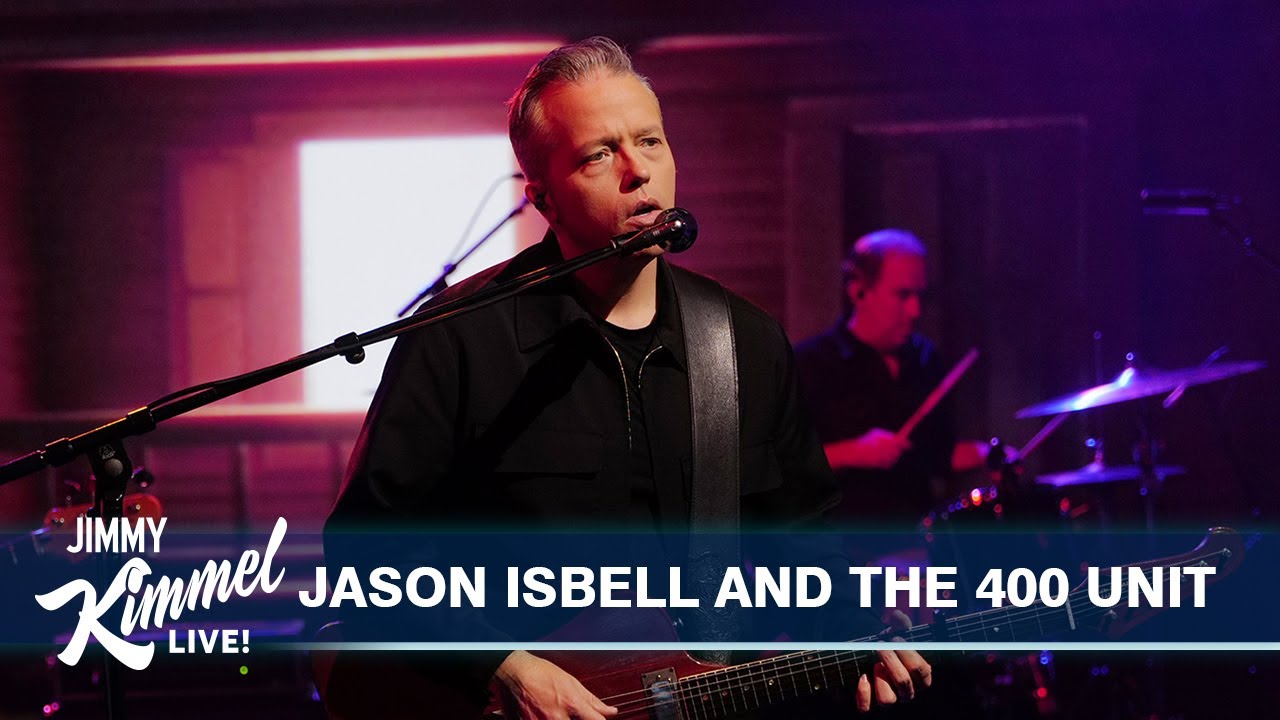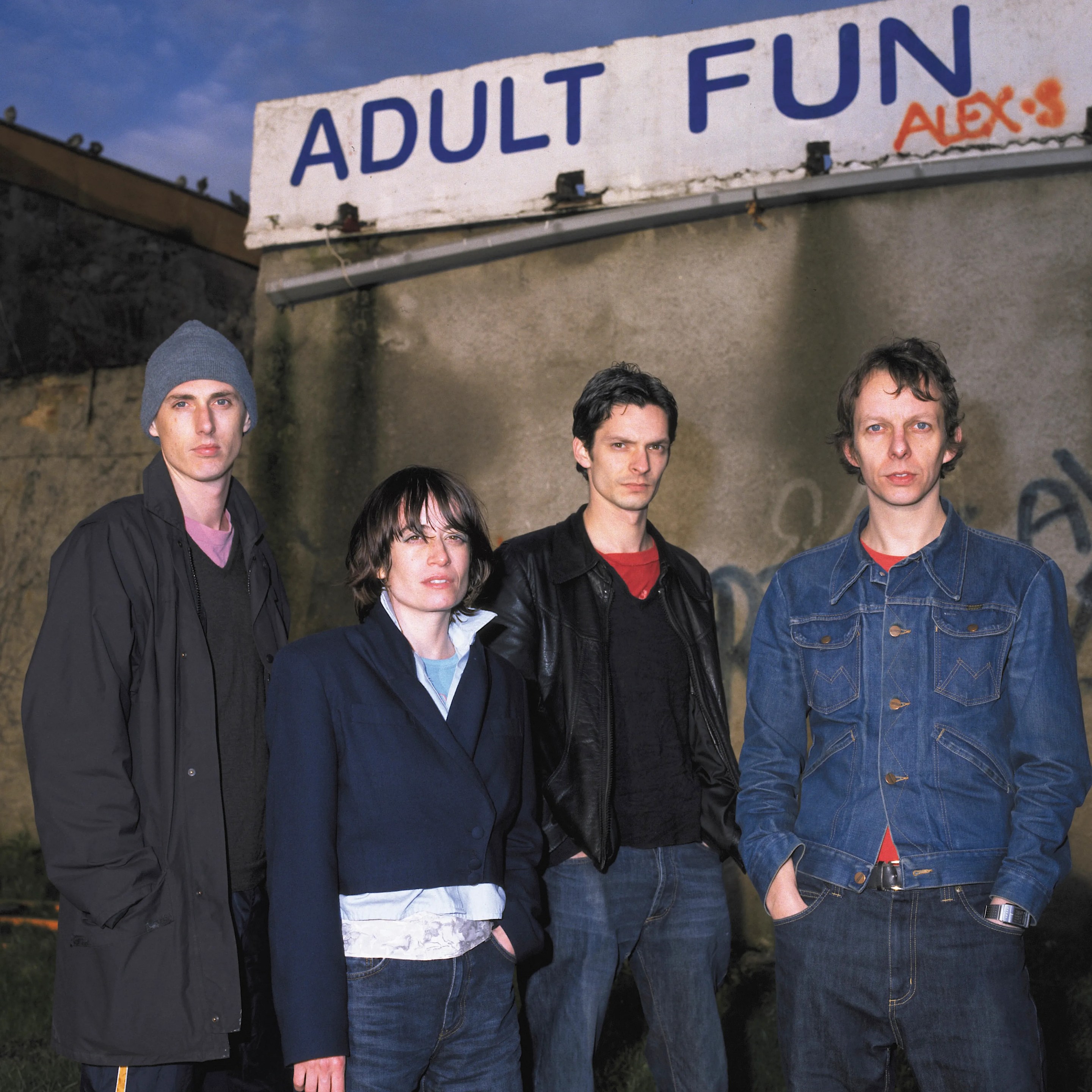We take the phrase "classic rock" for granted. It's one of music's most casually deployed phrases, yet unlike "indie rock" or just plain "rock," we rarely see diatribes about the term "classic rock" being reduced to meaninglessness. There is a certain indescribably yet identifiable essence to it. Still, we're all getting older, and so is the music we grew up with, including the likes of U2 and Nirvana. History is moving on, and classic rock radio along with it. As the stat nerds at FiveThiryEight pointed out, at least one classic rock station out there recently saw fit to blast Green Day's "American Idiot," a song released only 10 years ago. That got them wondering what a survey of classic rock radio stations might tell us about how the genre is defined these days. Writer Walt Hickey surveyed the playlists of 25 self-described classic rock stations across the country for a week. One of his findings was that radio's definition of classic rock varies heavily according to geography:
I found that classic rock is more than just music from a certain era, and that it changes depending on where you live. What plays in New York — a disproportionate amount of Billy Joel, for example — won’t necessarily fly in San Antonio, which prefers Mötley Crüe. Classic rock is heavily influenced by region, and in ways that are unexpected. For example, Los Angeles is playing Pearl Jam, a band most popular in the 1990s, five times more frequently than the rest of the country. Boston is playing the ’70s-era Allman Brothers six times more frequently.
Hickey also found that a staggering (yet not all that surprising) 57 percent of the songs were culled from the 10-year period between 1973 and 1982, and that the most recent year to make a major dent in the playlists was 1991. Among other charts and graphs, he listed the most-played songs throughout his week of collecting data:

So, pretty much what you'd expect, right? Maybe Aerosmith is slightly more dominant than expected, but still, that list offers a portrait of classic rock we can all agree on. Yet a transformation is definitely underway, and as with most things in life, it's being spurred by money and mortality. Hickey wrote:
It’s going to come down to economics, Wellman said. As baby boomers and Gen X-ers age out of the key advertising demographic over the next five to 10 years, one of two things will happen. Either advertisers will chase them, or classic rock will start to skew younger.
Head to FiveThirtyEight for lots of other fascinating data. In the meantime, let's mull this over together. How do you define classic rock? Are there certain characteristics that definitively bar a song from that distinction, or, alternately, ones that mark a song as unquestionably part of the classic rock genre? What's the most shocking song you've heard on classic rock radio lately? Sound off below.
[Photo by Ben A. Pruchnie/Getty Images.]






